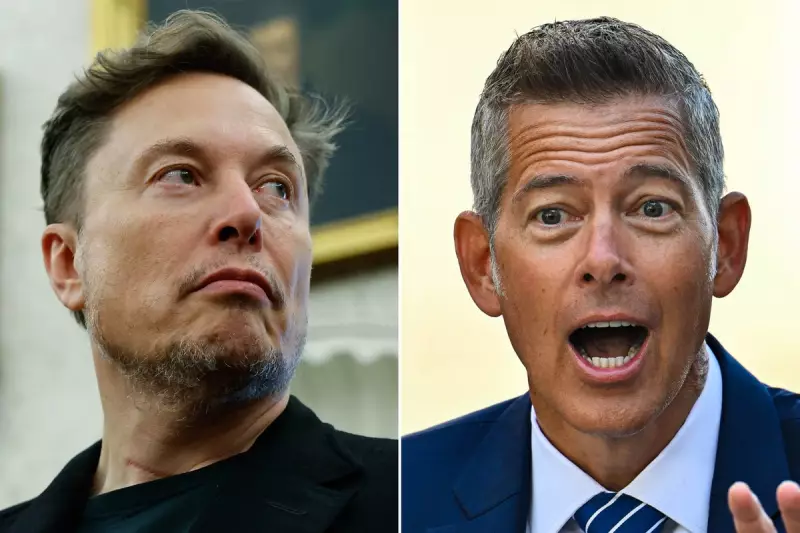
Elon Musk's SpaceX is facing intense congressional scrutiny after revelations that NASA has poured billions of taxpayer dollars into the billionaire's space company, sparking outrage among lawmakers.
Republican Congressman Sean Duffy has launched a fiery investigation into what he calls the "massive government subsidies" propping up Musk's commercial space ventures. The probe comes amid growing concerns about taxpayer money flowing to one of the world's wealthiest individuals.
NASA's Billion-Dollar Partnership Under Microscope
Documents obtained by congressional investigators show NASA has awarded SpaceX contracts worth approximately $15.3 billion since the company's inception. While SpaceX has revolutionised space travel with reusable rockets and reduced costs, lawmakers are questioning whether taxpayers are getting fair value.
"We're looking at whether NASA is essentially bankrolling Musk's personal ambitions with public money," Duffy stated during a tense committee hearing. "When you're dealing with the richest man on Earth, should taxpayers really be footing the bill?"
The Controversy Over Government Support
The investigation has uncovered that beyond direct NASA contracts, SpaceX has benefited from:
- Government-funded launch facilities
- Tax incentives from multiple states
- Research and development grants
- Infrastructure support for testing sites
Critics argue that while SpaceX has achieved remarkable technological breakthroughs, the company's success has been heavily dependent on government support that could have been directed elsewhere.
SpaceX's Defence of Public-Private Partnership
SpaceX supporters counter that the arrangement represents a successful public-private partnership that has saved taxpayers money compared to traditional government-run space programs. The company has dramatically reduced launch costs and broken Russia's monopoly on crewed space flights to the International Space Station.
"This isn't a handout - it's a partnership that's delivering incredible results for American space leadership," a SpaceX representative argued.
As the investigation continues, the debate raises fundamental questions about the role of government in supporting private space exploration and whether billion-dollar corporations should receive substantial public funding while making their owners even wealthier.





